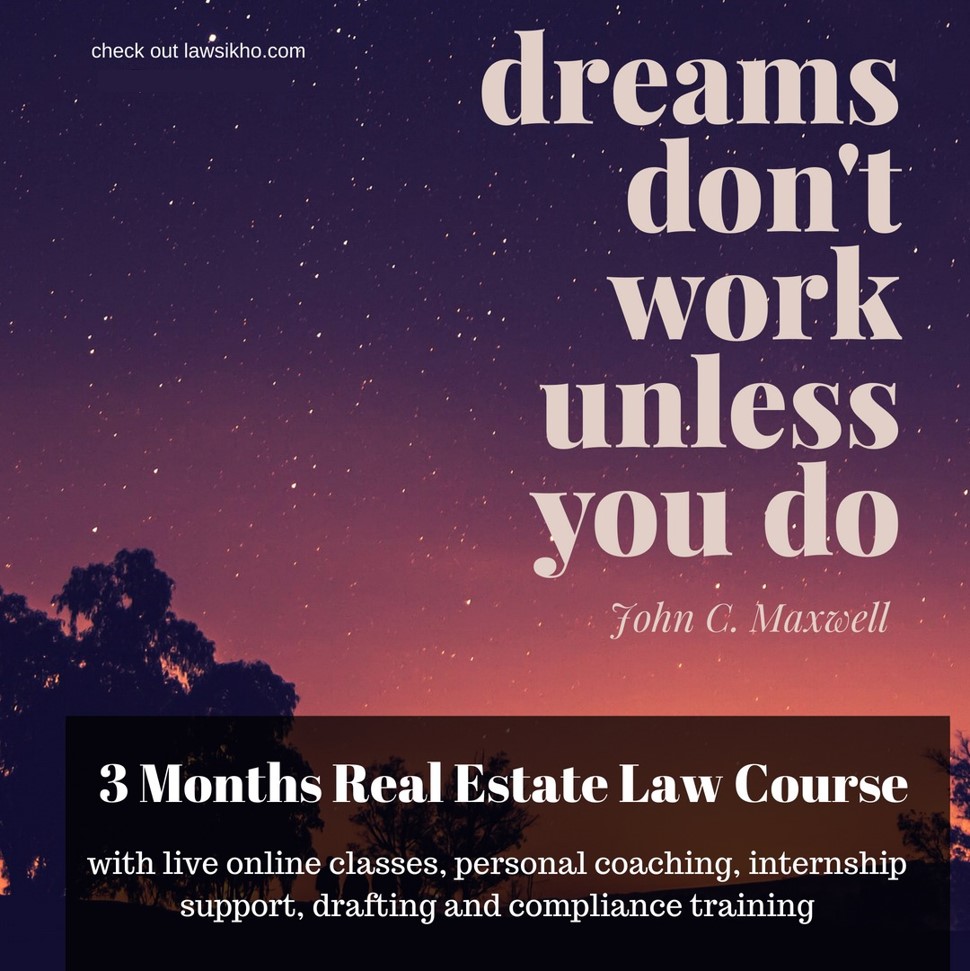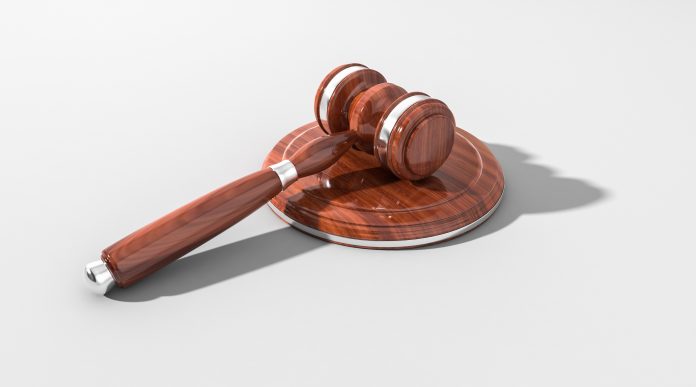This article is written by Vanshika Arora pursuing BBA LLB from Ansal University.
Table of Contents
Introduction
The doctrine of election is stated in transfer of property act 1882 in section 35 and within 180-190 of Indian succession act. Election means a choice between two alternative or conflicting rights. Granting two rights in such a way that one is higher than the other, you can choose either of them. You cannot have both. The applicant cannot use both, the recipient must choose between two inconsistencies or alternative rights. Basically it means that the person taking the benefit should also bear the burden. (C. Beepathuma V. Viduri Shankar Narayana Kadambolithya AIR 1965SC 241).it is an important part of the transfer of property act 1882 to resolve property conflicts among people. This principle was derived from the equity principle where a person cannot retain all the benefits of a transaction thus, he cannot keep the property and get benefits still. They have to elect for Or against the instrument. The doctrine of election is a general legal rule that requires the recipient to choose whether the heir wants to own someone else#39;s property and decide whether to preserve the property or accept his intentions. (Shukla S. N transfer of property act 24 the edition edited by Dp Ghousal reprint 2007).
Example: A promises to give B, 50 lakh but only on one condition that he will sell his house to C, now B here has to make the election on what to do? If he takes A’s offer he will have to give his house to C. On the other hand if he doesn’t, he won’t get 50lakh also hence he has to make an election on what to choose. (Ibid) Maitland’s describes its doctrine of election as (Maitland’s lecture on equity)
- Adopt all the contents of that instrument.
- Accord to all its provisions.
- Cede all rights that are inconsonant.
Election when necessary (section 35)
- Concede to transfer property on which he has no rights.
- In the same transaction, they must elect either to accept it or not, in case he doesn’t.
- He must release the benefits till then.
- The benefits he had till then goes back to the transferor as if not given.
Although when benefit is transferred back, he must make some good to the transferee at least it can be done in the following cases:
- Where the transfer is voluntary and the Transferor had died or had become incapable of doing a fresh transfer.
- Transfer is for consideration.
Example: The farmhouse at Udaipur is a property of C. A by gift means promises to give B 1,00,000. He accepts it although C now wants to retain his farmhouse and A forfeits his gift. In such a course of action B died, now his representative must pay C 1,00,000.
Who doesn’t have to elect?
The person who indirectly derives benefits from the transactions and not directly according to section 35 does not need to elect.
Example:: A promises to give B 1000 given if his son buys C’s house for 1200, Nowhere n’s son doesn’t have to elect as it is B who will have to make the decision on what to do.
When does a person elect to dissent?
According to section 35 If the owner decides not to approve the transfer, he will surrender the transferred service to him and this service will be returned to the transferor or his representative as if he had not been released. Following could take place:
- The transfer is voluntary and the Transferor had died or had become incapable of doing a fresh transfer.
- In all cases where the transfer must be checked, it is the responsibility of the transferor or his representative to compensate disappointed buyers. The compensation amount is the amount or value of the property that will be transferred if the option.
Exceptions to this doctrine as stated by section 35
Section 35 states that if the property owner is transferred by the seller, a particular service is started and that the service is pressed to apply to that property if the owner claims the property. Which must release the performance of certain properties. He is not obliged to release the compensation given to him by the same transaction if you receive such compensation for two years, you must assume that you have chosen the transfer.
Section 35 determines
The reception of the service by the person to whom the service is available is a decision by that person to confirm the transfer if they know the service. The obligation to choose and know circumstances that will affect the judgment of reasonable people in the election, or it refuses to adapt to the Situation. Knowledge or rejection is assumed if the opposite evidence is not available, if the person providing the service has used it for two years without taking action to explain their disagreement. Section 35 also determines this knowledge or rejection can be inferred from any action by that person, so that it is not possible to place people who are interested in the property, which is believed to be transferred, in the same conditions as if the action was not carried out.

Time limit for election
According to section 35, when the owner of the property within one year after the date of transfer signifies to either transferor or his representative. Even if they know the expiration period and even after knowing from their representatives does not make a decision they are deemed to have elected to confirm the election if they don’t reply after the period is over.
Election by a disabled person, a disabled person cannot do election until and unless:
- His disability ceases.
- Someone else on his behalf makes election who is not disabled.
Doctrine of election applied
Hindu law
This principle has always been applied to Hindus. According to Rungamma v atchamma, the privy council made a rule that a person cannot accept and reject according to him. One cannot accept until he gains from it and stop accepting it until prejudiced.
English law
The buyer chosen not to be transferred, does not lose profits, but is obliged to compensate disappointed people. Difference between English law and Bangladesh law. There is a difference between English and! Bangladesh law in relation to elective teaching. The main differences are as follows British law applies the principle of compensation, while English law applies the rules of confiscation. English law does not regulate the time for election. British law stipulates a year in which the property owner must decide whether to confirm the transfer or not. If the owner does not comply with the reuse, he is deemed chosen to confirm the transfer.
Basic requirements for applying this teaching
The basic conditions for applying this teaching are as follows: The seller may not be the owner of the buyer’s property. The seller must transfer ownership to another athlete owner The seller must simultaneously make all property available to property owners using the same instrument outside the owner. Two transmissions, Transfer of ownership to the owner of the transmitter and provision of benefits to the owner of the property must be done through the same transaction. The Election obligation does not arise if the two transfers are carried out through two separate instruments. The owner must have an ownership interest in the property Owners who do not benefit directly from the transaction, but indirectly divert the benefits from the transaction, do not have to make a choice. Mandatory choice does not appear if it benefits someone of a different quality.
Case Laws
Mohd. Kader Ali fakir V lukman hakim
The basis of the doctrine of choice is that the person who uses the instrument must also bear the burden imposed in this way and that he cannot carry under and against the same instrument. This is a violation of general rules that cannot be accepted or rejected by anyone. This doctrine is based on the fictional intent of this ether that the law implies that the author of the instrument intends to manifest any part of it. There is an obligation for anyone using a will or other instrument to make that instrument fully effective, which donors or settlers cannot have. However, what effect can be obtained from his agreement that has received compensation based on the same instrument? The law will apply to the applicant’s obligation to use the instrument in full force and effect. If the tool is partially invalid, the rest is enough to place someone to vote if they say so.
Dr Ally’s Wobben V Shri Yogesh Mehra and ors on 6 December 2010
The Supreme Court, in National Insurance Company v. Masan & Anr., 2006 (2) SCC 641 IA
No.12638/2010 in CS(OS) No.1963/2009 Page 4 spelt out what is the rule, in the following terms:
“A party to a Lis, having regard to the different provisions of the two Acts cannot enforce liabilities of the insurer under both the Acts. He has to elect for one. The ‘doctrine of election’ is a branch of ‘rule of estoppel’, in terms whereof a person may be precluded by his actions or conduct or silence when it is his duty to speak, from asserting a right which he otherwise would have had. The doctrine of election postulates that when two remedies are available for the same relief, the aggrieved party has the option to elect either of them but not both. Although there are certain exceptions to the same rule but the same has no application in the instant case.”
Baisakhi Ram Binjhwar vs South Eastern Coalfields Ltd on 11 September, 2017
The observations of Scrutton, L.J. are as follows:
“A plaintiff is not permitted to ‘approbate and reprobate’. The phrase is apparently borrowed from the Scotch law, where it is used to express the principle embodied in our doctrine of election-namely, that no party can accept and reject the same instrument: Ker v. Wauchope (1819) 1 Blight 1 (21) (E): Douglas- Menzies v. Umphelby 1908 AC 224 (232) (F). The doctrine of election is not however confined to instruments. A person cannot say at one time that a transaction is valid and thereby obtain some advantage, to which he could only be entitled on the footing that it is valid, and then turn round and say it is void for the purpose of securing some other advantage. That is to approbate and reprobate the transaction. “Hence it is proved that the doctrine of election is based on the principle of Estoppel.
Conclusion
Election is choosing between two alternatives or conflicting rights. By giving two rights so that one is higher than the other, you can choose one of them. You cannot have both. The applicant cannot use both, the recipient must choose between two inconsistencies or alternative rights. Basically, this means that the recipient must also bear the burden. Being derived from the equity principle which clearly states that a person cannot have benefited from both the sides. This doctrine has been successful and many poverty conflicts can be resolved using it.
Students of Lawsikho courses regularly produce writing assignments and work on practical exercises as a part of their coursework and develop themselves in real-life practical skills.
LawSikho has created a telegram group for exchanging legal knowledge, referrals, and various opportunities. You can click on this link and join:
Follow us on Instagram and subscribe to our YouTube channel for more amazing legal content.
 Serato DJ Crack 2025Serato DJ PRO Crack
Serato DJ Crack 2025Serato DJ PRO Crack












 Allow notifications
Allow notifications


